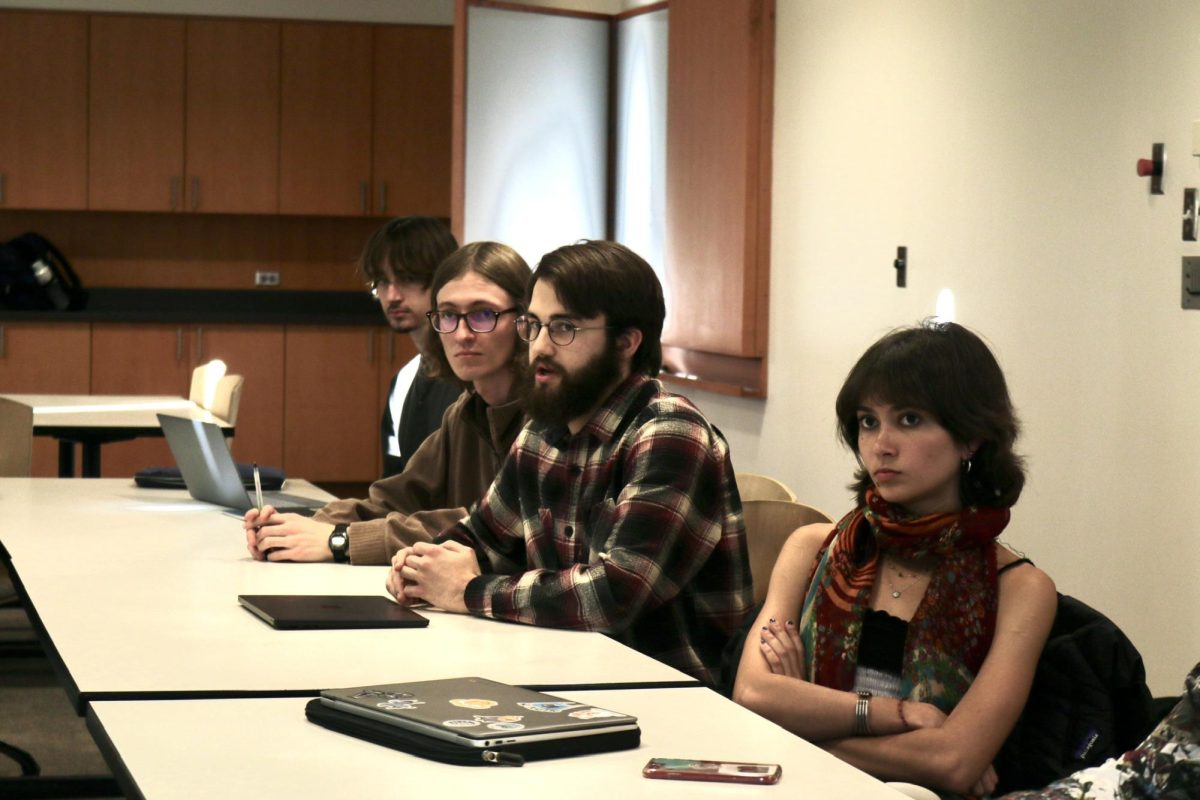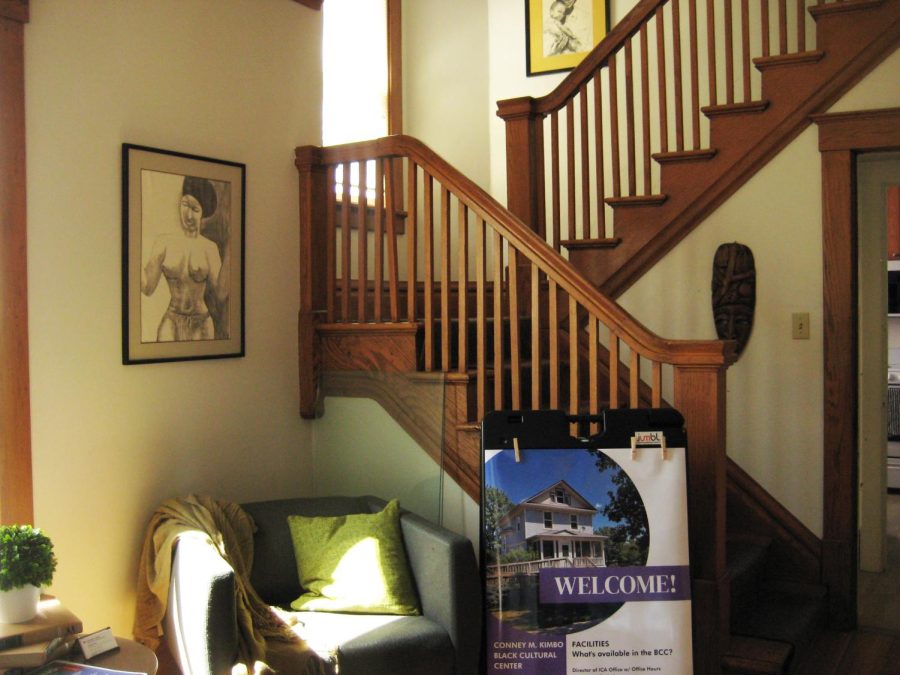Here’s a New Year’s resolution for college seniors: move to Ferguson, Missouri after graduation. Take out a lease, take up residence and participate in building a stronger community in Ferguson. Your college degree is an asset, but you are still entering a notoriously weak employment economy, one which is underemploying your generation at historic levels. Why not set yourself apart from others by developing the leadership qualities necessary to build community where it requires bridging divides of race and class?
It doesn’t matter where you work—get a job at Subway, or work at KPMG or Accenture in St. Louis if you can. But take up residence in Ferguson, and focus your free time energies on being a community builder. Work to increase rates of voting, graduating, and recycling. Mentor young people through the Ferguson Youth Initiative. Help some little league coaches find their way to the Little League World Series. Work with the North County Chamber of Commerce to create jobs in Ferguson, or pick a small business you like and help it to grow by contributing your time and energy. Create value first, then harvest it and your career can thrive. It won’t cost you much to get started. If you find a roommate, you can get a share of an apartment for $300 or $400. Stay on Mom and Dad’s healthcare or enroll through the Affordable Care Act.
The essence is this: in everything we have read about Ferguson, the implication is that it is a suburb on a steady slide toward disinvestment. It was 99 percent white in 1970 and is 70 percent African-American now. The repeated public analysis of voting rates and the makeup of City Council and the police force suggests that this is an inhospitable place that resists its influx of Black residents, although many current residents suggest there is another story under the surface.
What if the public news thesis can be proven wrong, and you can be part of the proof? Remember that every community is the site of someone’s dreams. Indeed, the burger joint at the epicenter of Florissant Avenue protests opened up the day before Michael Brown was shot and killed. There are business owners, high school graduates-in-waiting and Little Leaguers who dream of the future in Ferguson. What better opportunity for you than to join their community and be a part of realizing their dreams? America is going to be watching Ferguson as a bellwether for some time to come—indeed, the Associated Press ran a piece on January 4 called “Ferguson’s Future.”
What if you could help Ferguson work? Richard Rothstein’s great research, “The Making of Ferguson” for the Economic Policy Institute, shows us that Ferguson’s travails are no accident—they are the results of deliberately inequitable policies. Go and learn to make equity work by understanding firsthand the mistakes we have made. Join the campaign #Ferg365 and bring your life to the party. If you are Black or Brown, Ferguson is crying out for graduates like you to return as role models and contributors to civic life. But if you are Caucasian, please do not shy away from the opportunity of Ferguson. We need to resist the belief that to be legitimate, everyone must look like the communities they serve. Someone might deride you for “slumming” or “parachuting,” but in truth the novelty of moving in wears off after a week, and then you will be just a community resident needing to make lease payments and buy groceries. Step in and be transformed by embracing what is now a predominantly Black community, one seeking opportunity like the rest of America.
Twenty years ago my Ferguson was a low-income neighborhood of New Haven, Connecticut. I moved into a house full of African-American community activists and youth mentors, and the experience changed me forever and for the better. It’s not just about what we can do for Ferguson, but how that endeavor forces us to confront our own brokenness and make common cause with others. Your Ferguson may be Detroit, Gary, Cleveland, Oakland or Tulsa. Ferguson is part of every metro in America. The question is, will all of America continue to maintain places apart that make a sham of justice and equality? In your 2015, make the move to answer that question for us all.
Jay Readey is Executive Director of the Chicago Lawyers’ Committee for Civil Rights Under Law and publisher of RaceandPoverty.org.




















































Ben • Feb 1, 2015 at 12:02 pm
This is satirical right? Try to tell me what to do one more time. Check your assumptions about what is going to work. Oh, let’s use our privilege and socially gentrify a city. You’re so right, that’s the answer. Sounds like people are trying to say we should migrate, settle, steal a people’s resources, and make it work for us.